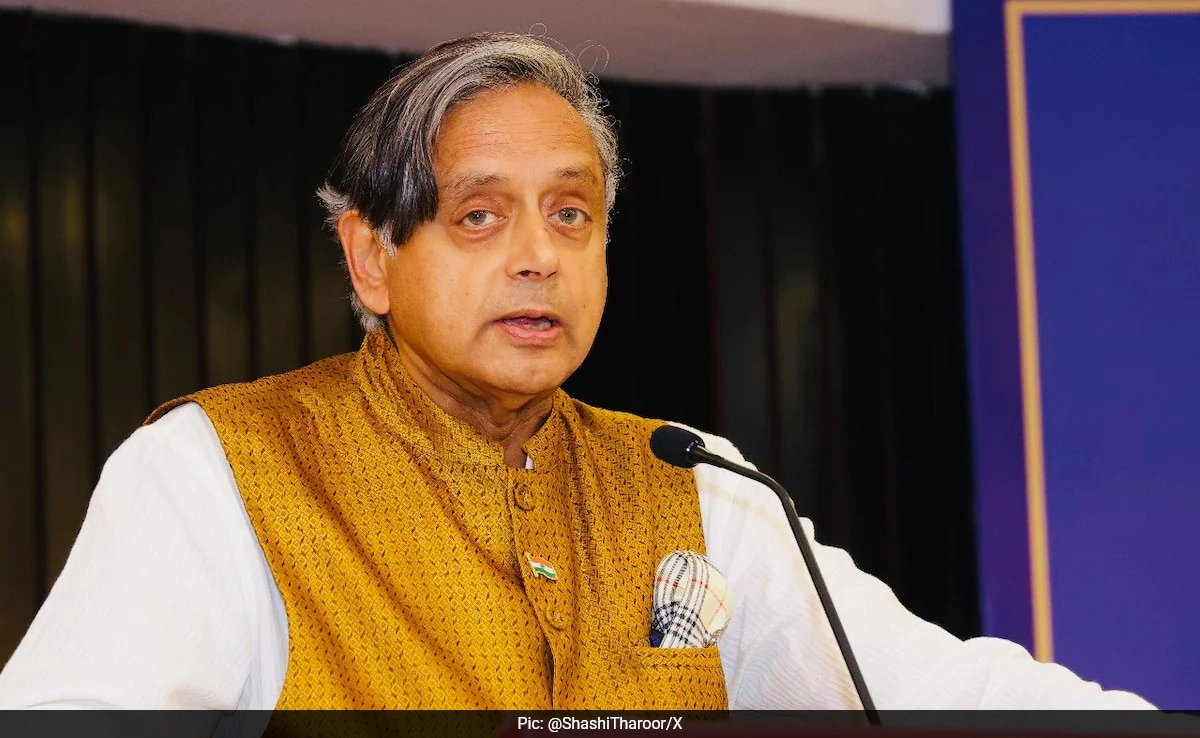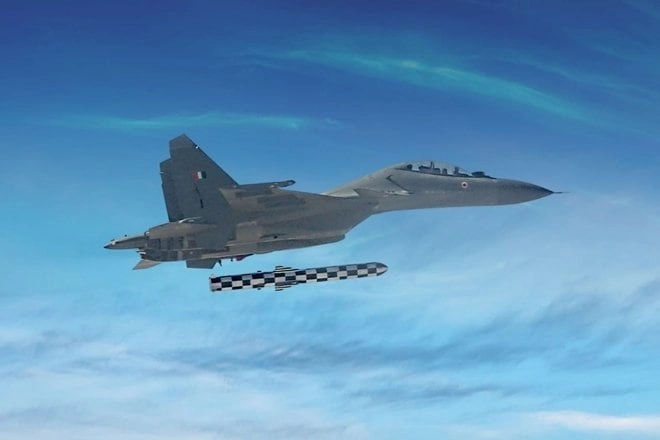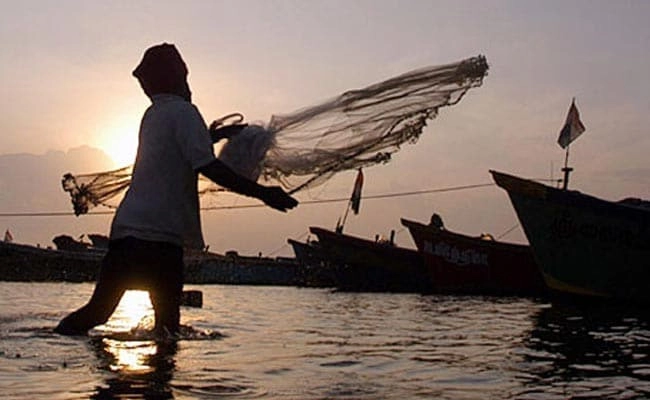In a recent statement, Indian politician Shashi Tharoor emphasized that India is not prepared to take the initial steps towards normalizing relations with Pakistan, placing the responsibility squarely on Pakistan to initiate any potential diplomatic thaw. Tharoor’s remarks come amidst a backdrop of longstanding tensions between the two nations, which have been characterized by a history of conflicts, territorial disputes, and mutual distrust. He articulated the sentiment that for any dialogue to begin, Pakistan must first demonstrate a genuine commitment to addressing issues that have historically hindered rapprochement, such as cross-border terrorism and the ongoing Kashmir dispute.
Tharoor’s assertion reflects a broader consensus within Indian political circles regarding the necessity for Pakistan to take concrete actions that would build trust. The Indian government has repeatedly expressed its desire for peaceful coexistence, but it insists that any normalization of ties must be predicated on Pakistan’s adherence to commitments made in international forums and a cessation of hostile activities. This position underscores a significant aspect of the bilateral relationship, where India often perceives Pakistan’s actions as undermining peace efforts, particularly in light of incidents that have escalated tensions.
The complexities of Indo-Pak relations are further complicated by domestic political considerations in both countries. In India, the ruling government has adopted a tough stance on Pakistan, resonating with a significant portion of the electorate that views national security as paramount. Conversely, in Pakistan, political factions often exploit anti-India sentiments to galvanize support, making it challenging for any leadership to pursue a conciliatory approach without facing backlash. Consequently, the pathway to normalized ties appears fraught with challenges, requiring a delicate balance between national interests and diplomatic overtures.
Tharoor’s comments serve as a reminder of the cyclical nature of Indo-Pak relations, where periods of tentative dialogue are often interrupted by renewed hostilities. As the region navigates these complexities, it remains to be seen whether Pakistan will take the necessary steps to foster an environment conducive to dialogue. With both nations possessing significant stakes in regional stability, the onus ultimately lies with Pakistan to initiate a shift in the current dynamics, fostering hope for a future where diplomatic relations can flourish, free from the shadows of past grievances.




